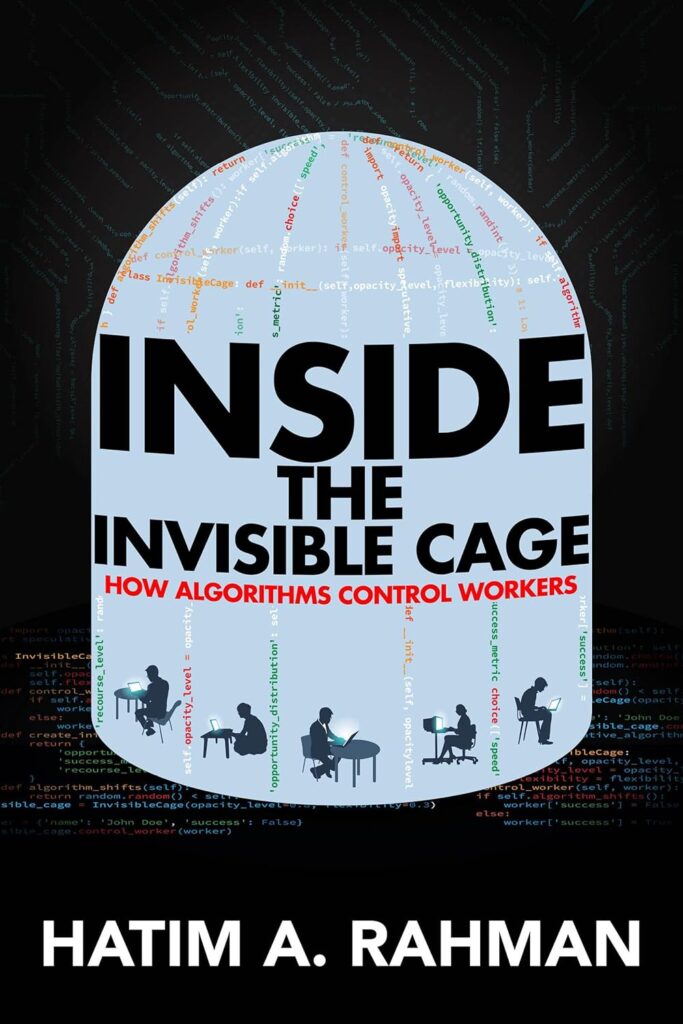
Organizations invest heavily in systems meant to ensure fairness—competency models, structured interviews, standardized performance reviews, and carefully crafted criteria for promotion.
Yet anyone who has spent time inside a workplace knows that decisions rarely follow the prescribed rules. A candidate isn’t quite the “right fit.” An employee “lacks presence.” A manager can’t quite “see” someone in a leadership role. These intuitive, seemingly harmless phrases reveal something deeper about how advantage is sustained.
Continue Reading…








